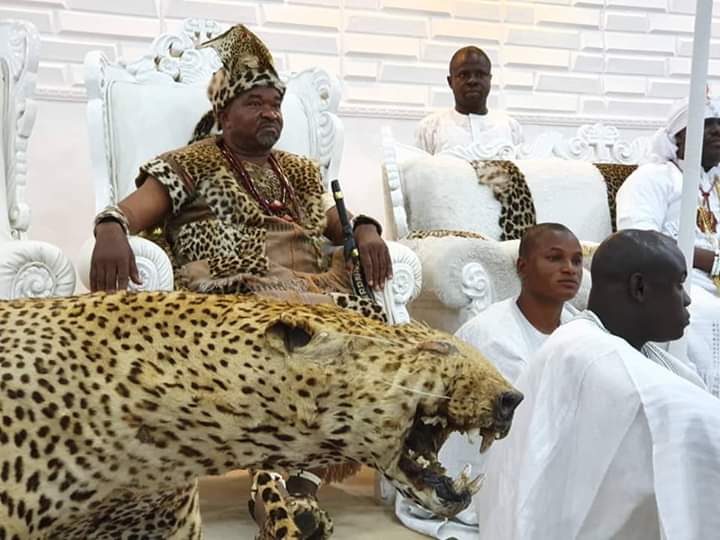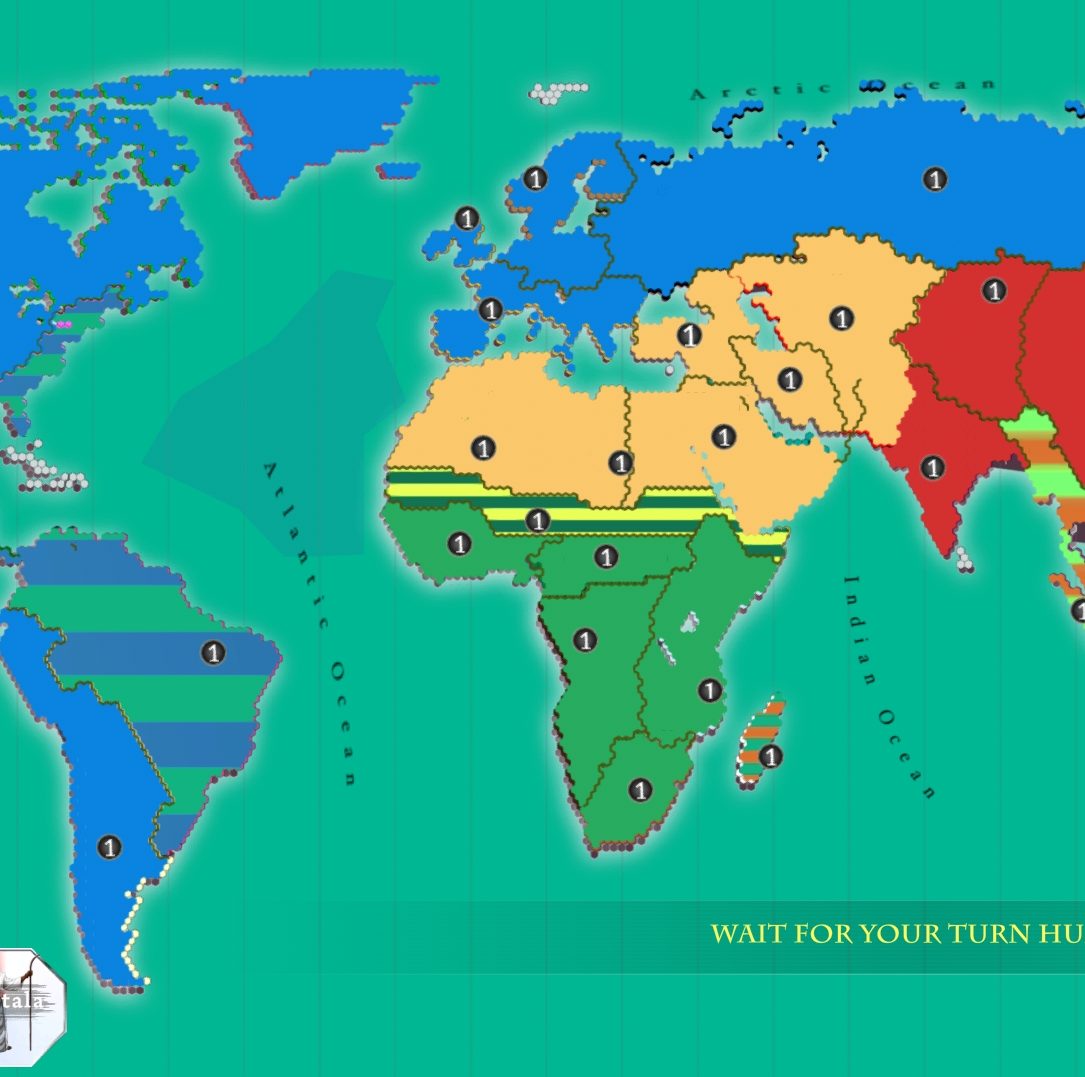
As Yorubas question the origin and possible derogatory meaning of the name Yoruba, so are African Americans questioning the origin and possible derogatory meaning of the name Akata derived from Yoruba.
These are soul searching times for the Black Race as the world at large moves into cardinal uncompromising positions. From the South African xenophobia against other Black Africans to the question between San and Bantus of who owns the land in South Africa, to West African cultural linkages especially between Yoruba versus Igbo, we jump into questioning the origin of the name Yoruba given to the peoples of Southwest Nigeria and now the use of the word Akata.
While some Yorubas want to limit the discussion to academia and don’t want to change a name that has an immense global brand value, the African American doesn’t want to be called Akata because they believe it has derogatory connotations by its present day users. It might be true that the Afroasians invented the word Yoruba as a racial epithet against the people of Oyo kingdom, but some argue that it was Yariba and not Yoruba. Although this is like saying the word Niger is not the same as Negro or Nigger.
The word Akata came into use during the Civil Rights era and is believed to denote the Black Panthers. The leopard is the symbol of Original African culture and is rather more edifying than other words used to describe the rest of the Diaspora. Black West Indians/Caribbeans are named Ireke meaning sugarcane, which was derived from the fact they were residents of the sugarcane Islands. Afro-Brazillians are known as the Aguda meaning Catholic Jesuits due to the religion of the Portuguese. Some say Oyinbo, the word used to describe White Europeans means peeled skin.
In Yorubaland, history is made easy due to the practice of naming with clear meanings. Ibadan city means ‘beside the grasslands’, Ile Ife means where the land and humans spread across the world, Akure my hometown means where the beads amulet broke etc. Across Africa, descriptive meanings and totems are commonplace and ethnic groups were often labeled by outsiders according to their environment, professions or particular traits. In Nigeria, with about 500 languages it means you may have different names, some absurd.
What really matters are the cultural implications of the names. In my previous article, I stated that the name Yoruba is restrictive and prevents the realization of the larger cultural sphere according to Ifa, which could serve as empowering unity especially across the South and Middlebelt of Nigeria. As Attah of Igala stated Ifa is the connecting link between the Indigenous peoples of Nigeria.

A better word to describe the full Original African sphere of the Yorubas is Omoluabi. However, the literal meaning of the word Omoluabi, Gods creations, currently used as Yoruba mantra, has been corrupted by Abrahamic perspectives that restrict its meaning to those with good moral codes. However according to Original African belief systems, the God Almighty Eledunmare made both good and bad people. It’s literal meaning of being God’s Creations, the World’s first family, has been confirmed by genetic and cultural anthropology and is the best fit, even if we decide to keep the label Yoruba.
With regards to the African American, the Akata name would have been appreciated since it is the symbol of Original African culture, but most African Americans, about 70%, are church affiliated and would frown against it. Across their ancestral African family, the Niger Congo ethnolinguistic family, ethnic groups names are usually no more than 3 sylabbles long, compared to the 7 sylabbles of the word African American. So African Americans are being Africanized to 3 sylabbles with Akata. Some people have advocated dropping the American and only use African, but the word African is only used by White South Africans named Afrikaans. An African derived word is required to describe our American family and nothing is better than Akata, the Black Panther spirit tied to Ifa.
While Yorubas complain that the word Yoruba doesn’t exist in Ifa corpus, the African American is complaining of being represented by the totem of Ifa Original African cultural identity. Some will say that African Americans like the Black Panther identity but it is the misconception of the word starting with Welsey Snipes in a film that wrongly construed to mean wildcat.

Also, some people will say that although the word Akata might have truly evolved between Yoruba and African American Civil rights activists, the current generation of Yoruba don’t know the true meaning or understand Ifa, so are using it as a derogatory term of being wild animals. After all these are the same modern day continental Africans that pour scorn on their cultural identity and see those who wear the leopard skin as backward ancient people, dating back to Flintstones.
Ultimately, both continental and diasporan Africans need huge public awareness campaigns to understand their true Original African cultural identity that leopards is to African traditionalists like the cross is to Christians and the crescent is to Muslims. Fortunately, Ifa is the fastest growing religion among the Diaspora and hopefully will learn to wear the totem of Orunmila, the Akata/Black Panther, with pride.
The empowering mystery mineral found in Wakanda is nothing more than Ifa, the Original African Information Retrieval System, whose 256 pulses was used to create the first computer, while its Soponna principles laid the foundation of modern medicine in 1720 Boston with vaccination, and Osanyin still holds vast knowledge of pharmaceutical and herbal medicine.
As of Yorubas, while the name can’t be changed due to the great value added since its inception over the last 200yrs, we must understand the true meaning of Omoluabi, being God’s Creations, that spread across Africa and known as the Niger Congo ethnolinguistic family. This should be the basis of Original African unity from Gambia to South Africa while Akata is simply the Africanization of the African in the Americas, who are essentially Omoluabi and not wild animals.
Prince Justice J. Faloye, President ASHE Foundation, author The Blackworld: Evolution to Revolution, Tutuoba etc








